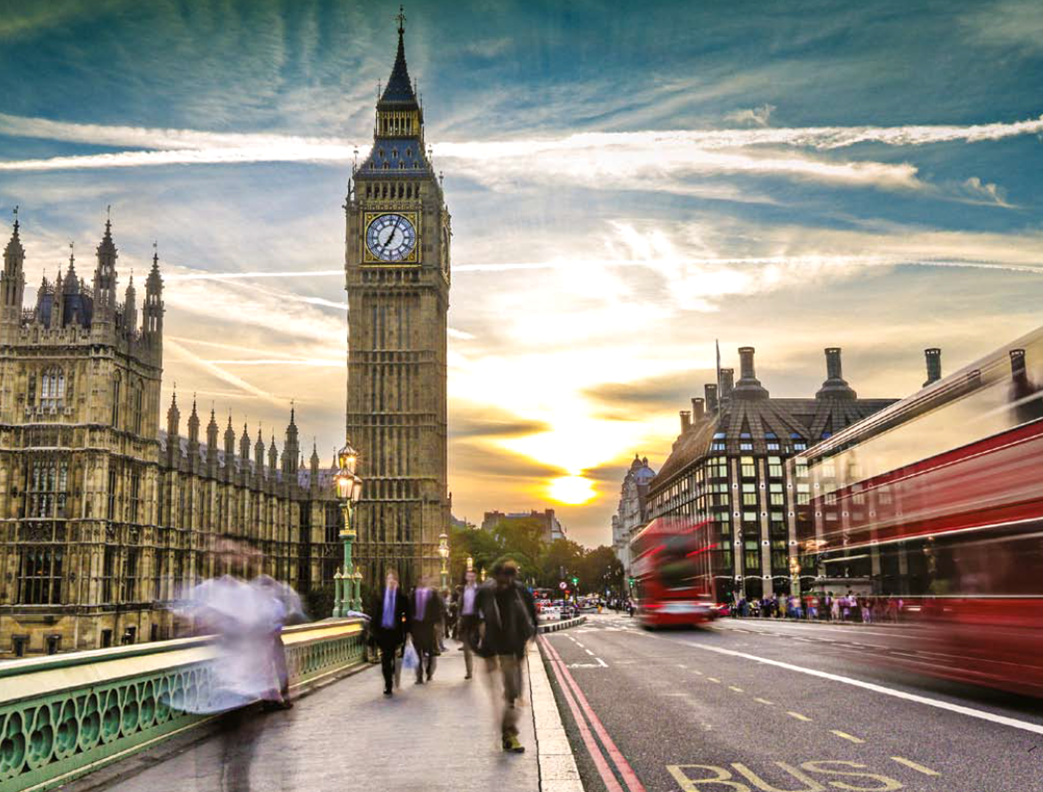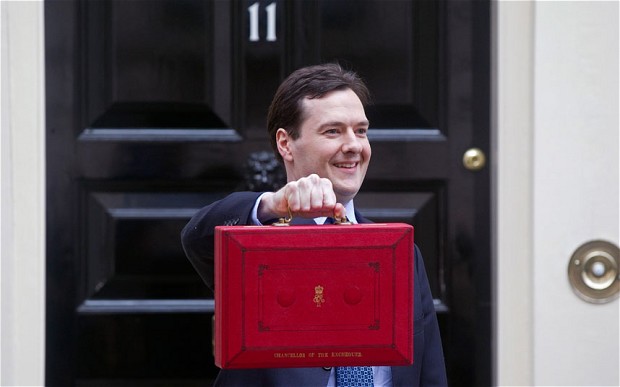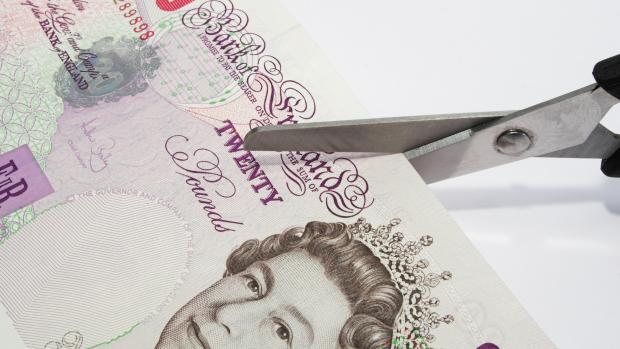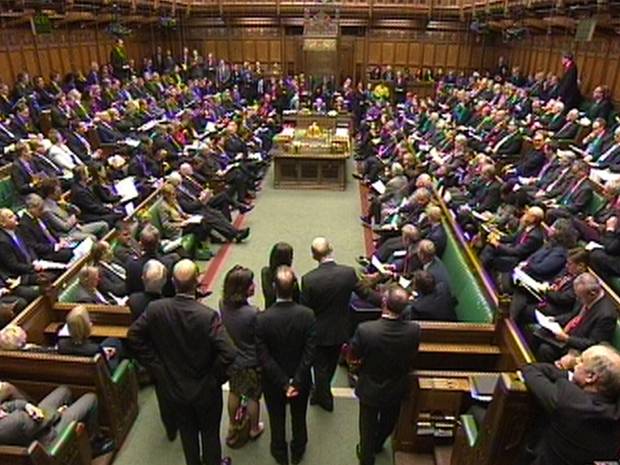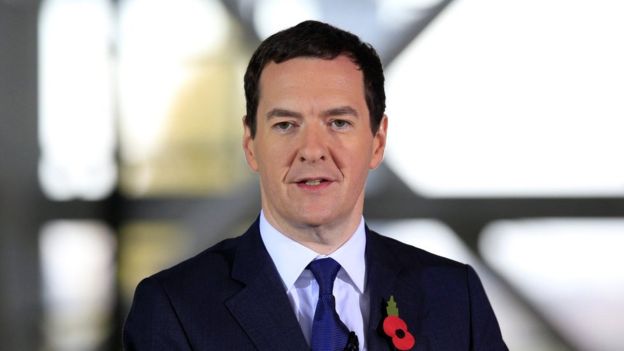Spending Review Result 2015
George Osborne has unveiled the results of the government’s spending review; here we analyse the key points in 25 main areas.
Tax credits
- All cuts to tax credits are to be cancelled.
Rowena Mason, political correspondent: Osborne has clearly surprised his MPs by totally abandoning his tax credit changes, which would have cost affected families up to £1,300 each and caused consternation on his own side as well as the opposition. It is a 100% U-turn since his aides were insisting up until recently that he was committed to the cuts in principle.
Housing
- Housing budget doubled to £2bn.
- 400,000 affordable new homes will be built by the end of the decade – half of these will be starter homes, while 135,000 will be shared ownership.
- A new pilot scheme to begin at five housing associations at midnight tonight to allow tenants to buy their own homes.
- In London: a new help-to-buy scheme for would-be homeowners with a 5% deposit will offer an interest-free loan worth up to 40% of the value of a new-build home.
- An extra 3% on stamp duty on buy-to-let properties and second homes to raise £1bn by 2021.
RM: Osborne is clearly not listening to warnings about the risk of more help to buy fuelling a housing bubble and possible crash. He is ramping up the scheme in London in a move that the Conservatives will hope gives a boost to their mayoral candidate, Zac Goldsmith, ahead of next May’s election. The chancellor is also pressing ahead with the heavily criticised sell-off of housing association properties.
Policing
- No cuts to the police budget.
RM: This is another rabbit out of the hat. Osborne repeatedly refused to confirm that he would not cut the police budget but was probably happy to allow fears to build up so that he could look magnanimous by promising to protect it.
Regions and local government
- Local authorities responsible for social care to levy a new social care tax of up to 2% on council tax.
- £12bn to fund a local growth fund and 26 new or extended enterprise zones.
- Business rates to be kept by local authorities.
- 100% of receipts from sales of local properties to be kept by local councils.
RM: The Conservatives have been very careful to make it difficult for local authorities to raise council tax, but Osborne is abandoning this tactic by inviting rises for the purpose of paying for social care. This is a clear example of why the chancellor likes devolution, as councils have to make the unpopular decision about raising a local tax to pay for the consequences of central government cuts.
Deficit to surplus
- Deficit in 2015-16 to be £73.5bn, falling each year to a £10.1bn surplus in 2019-20, £100m more than previously announced.
- Surplus projected to reach £14.7bn in 2020-21.
RM: It looks like Osborne hasn’t dipped into his surplus too much to find the extra cash he needs to reverse the tax credit changes.
NHS
- £22bn of efficiency savings to be made.
- Loans for new student nurses to create 10,000 training places.
- A £10bn real increase has already been committed, with £6bn to come next year.
- £600m more for mental health services.
RM: Osborne’s extra cash for the NHS has been well-trailed as he seeks to neutralise Labour’s political attack about the likely A&E crisis this winter. He has also performed a bit of sleight of hand about nurses, lifting a cap on recruitment numbers but making them pay for their own training through loans rather than grants.
Women’s health
- £15m raised from the “tampon tax” will be used to fund women’s charities.
RM: This got a huge cheer from the Tory backbenchers but a tweet from the Women’s Equality party suggests it might be seen as slightly patronising in some quarters: “Women are funding their own support and service by having periods!”
Schools
- Free infant school meals to be maintained.
- 500 new free schools will be established.
- School funding system to be phased out, with a new formula to be introduced from 2017.
RM: The school funding system has been a bugbear of many MPs – especially in rural Tory areas – who have long complained that their areas are underfunded compared with others. The changes mean there will probably be some areas that lose out though.
Childcare
- From 2017, 30 hours of free childcare for three and four-year-olds, but only available to parents working more than 16 hours a week and with incomes of less than £100,000.
Welfare
- £12bn of welfare savings will be delivered in this parliament.
RM: Osborne is remaining defiant in the face of criticism that this will be too painful to deliver, stressing the cuts right at the beginning of his speech and refusing to back down on the scale of cuts to come from social security. It looks, however, like they will be spread over a longer period than two years.
- Housing benefit capped at local housing allowance rate.
RM: It appears some of the welfare savings that Osborne is seeking will come instead from housing benefit. It is not clear yet whether this will be equivalent to tax credit cuts and how it will affect tenants.
Pensions
- Basic state pension to rise by £3.35 to £119.30 a week from next year.
RM: While working-age welfare is cut, Osborne is continuing to protect state support for pensioners – the age group most likely to vote Conservative.
Transport
- Department for Transport’s day-to-day budget to be cut by 37%.
- Pledge that money will be found for roads.
- Reduce car insurance premiums by £1bn by ending claims for injuries such as whiplash, projected to save an average of £40-£50 from bills annually.
RM: Osborne wheels out one of his favourite slogans again to announce “we are the builders” as he hails a big road-building programme. At the same time, the DfT is suffering a big cut to its everyday spending.
Environment
- The Environment Agency will have £2.3bn preserved for flood defences but the day-to-day departmental budget falls 15%.
RM: Osborne is prioritising flood defences over everything else in Defra as the government is keen to avoid a repeat of criticism during past winter floods.
Energy
- Steel exempted from cost of environmental tariffs.
RM: This will be welcomed by Labour MPs whose constituencies are affected by steel closures, and Tory rightwingers who have long complained about high environmental tariffs for industry – but it has come too late to save jobs and plants that have already been mothballed.
Science
- Cash funding to be protected in real terms, rising to £4.7bn.
RM: Osborne is repeatedly talking about areas where he is protecting spending, such as science, while skating over things that he is cutting. The Department for Business, Innovation and Skills’ budget is to fall by 17%, which probably means cuts to further education.
Culture
- Departmental budget to fall by 20%.
- Increase in cash to the Arts Councils.
- Entrance to museums will remain free.
- 29% rise in sports spending.
RM: Again, Osborne is boasting about the increases in spending while glossing over where the cuts are due to fall. The small print will have to be scrutinised.
Criminal justice
- £700m investment in new technology for courts.
- Sale of Victorian-era prisons confirmed.
- Holloway women’s prison to close.
RM: This confirms announcements by Michael Gove, the justice secretary, who wants old prisons to be sold off for housebuilding.
Business
- 600,000 small businesses to get business rate relief for another year, but no new information on a business rates review.
- Apprenticeship levy to be set at 0.5% of an employers’ pay bill to raise £2bn a year.
RM: This is in effect a new tax on big business, which will not be happy. The CBI said earlier the chancellor should beware of the ‘negative impact of cumulative burden’ of this and the new ‘national living wage’.
Growth
- GDP forecast at 2.4% in 2015, revised up to 2.4% (from 2.3%) in 2016 and 2.5% (2.4%) in 2017, 2.4% in 2018 and 2.3% (2.4% in July) in 2019 and 2020.
Spending
- £12bn of savings from government departments.
- Total government spending to be £756bn this year, and in successive years £773bn, £787bn, £801bn to reach £821bn in 2019-20.
Debt
- Figures have been revised as a result of housing association debt being included. Now at 82.5% in 2015-16, (83.6% following the revision), falling each year to 71.3% in 2020-21.
Scotland
- Scottish block grant will be more than £30bn in 2019-20. Capital spending available will rise by £1.9bn by 2021.
Wales
- New funding floor at 115%; Welsh block grant to reach almost £15bn by 2019-20.
Northern Ireland
- Block grant will be more than £11bn by 2019-20. Funding for capital investment in infrastructure to rise by £600m over five years.
Tax avoidance
- New penalties for the general anti-abuse measures already introduced.
- Fresh clampdown on disguised remuneration schemes, stamp duty avoidance, and the abuse of intangible fixed-assets regime and capital allowances.
… and the jokes
Osborne announced his backing for Hull to be the UK city of culture in 2017, saying it followed a request by Alan Johnson, Labour MP for West Hull and Hessle, with the following line, which prompted mirth on the Tory benches:
His campaign has contributed to the arts, while his frontbench contributes to comedy
Osborne also pledged a “permanent pothole fund” – further bolstering his commitment to future photo-ops wearing hi-vis jackets. David Cameron, sitting beside him, seemed delighted at this rather quaint British solution.



